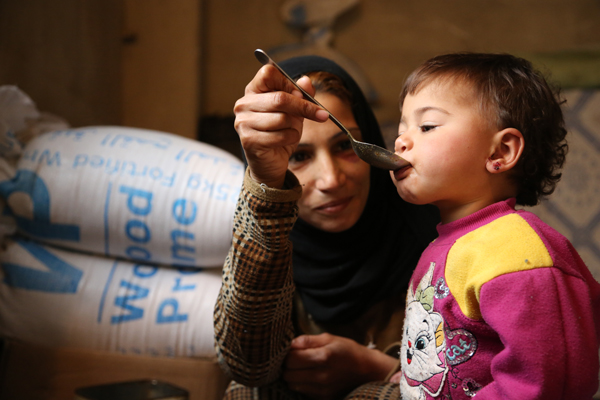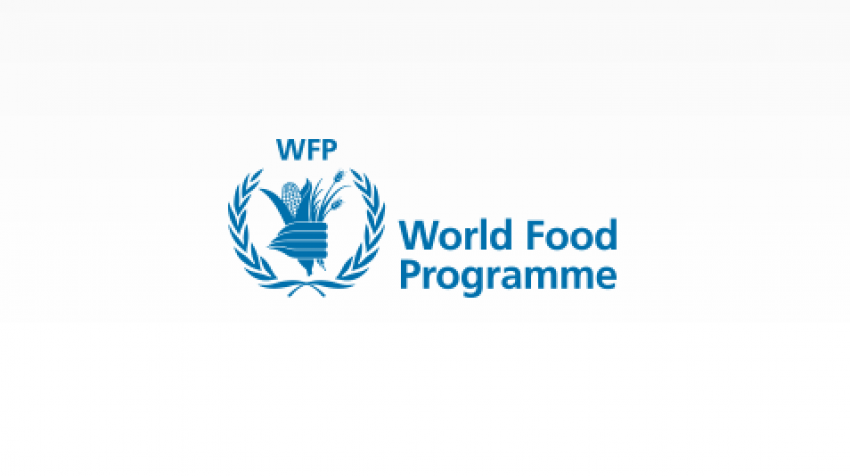In western countries, we never had to face the reality of death as a collectivity in the past decade more than in 2020. Of course, we have experienced the horror of terrorism, but those traumatic events awoke more islamophobia than thanatophobia. Since last March, the number of deaths caused by the Covid-19 pandemic has skyrocketed and has been broadcasted on live television every hour of every day.
The pandemic is not over yet and people are still suffering in many ways, directly or indirectly, because of the novel coronavirus, but as we enter the new year, the hope for a safer and healthier future awaits us on the horizon. Eventually, the number of deaths will go down and the economy will go up. Hopefully, we will be able to go back to the calmer lives we used to know and as we live in countries where the leading cause of death are linked to obesity, we won’t feel the need to empty supermarket shelves of their food in fear of starving to death and of toilet paper in fear of… whatever people were afraid of back in March.
However, in other parts of this world, the fear of starving to death isn’t going away any time soon and the number of deaths caused by hunger aren’t about to go down.
The fight against food insecurity
We have rightfully celebrated the decline of world hunger for the past decades. Unfortunately, the estimated number of people suffering from hunger is on the rise again. Around 821 million people were reported to be undernourished in 2017 compared to 784 million in 2015. Food insecurity is mainly caused by poverty, climate change, war and conflicts. The effects of climate change are more severe than ever and are disrupting crop production in countries such as the Philippines. Armed conflicts waged by militias and terrorist groups are on the rise. As climate change, in particular, has worsened over the past decades, poverty is becoming more endemic than ever. With disrupted food supply chains, and rise of unemployment, the pandemic is exacerbating the problem.
Governments and institutions have put in place many programmes to fight hunger: Nigeria is insuring small farmholders against natural disasters caused by climate change, a partnership between Senegal and Columbia facilitates the passing of knowledge from Senegalese farmers to Columbian farmers around the management of crops in harsh climatic conditions, India is distributing free food to its most vulnerable populations. Food security holds a key place in the United Nations’ Sustainable Development Goals.

The World Food Programme
Through its food-assistance branch, the World Food Programme (WFP), which is the largest humanitarian organization whose mission focuses on food security, the UN fights to “ensure access by all people to safe nutritious food, and sustainable food production systems and end all forms of malnutrition”. Their efforts and achievements have been acknowledged by the Nobel committee as they were awarded the Nobel Peace prize in October 2020.
The WFP is active in 88 different countries from the Carribean to Yemen through Turkey and China. These governments are found in the incapacity to act adequately and in time to fight the situation. In 2019, they assisted 97 million people by not only distributing food, but also supporting small local farmers to access competitive markets.
The organization faces many hurdles, from non cooperative regimes to the duration of armed conflicts, but continues to be a driving force in the fight against hunger in hope to break the strong bond between hunger and armed conflicts.

Peace through the eradication of hunger
As explained by the Nobel Prize committee in their announcement, food insecurity creates the perfect nest for conflicts that in turn increases the lack of resources necessary to ensure that every population has enough to eat. The eradication of world hunger is a precondition to world peace and should hold an important place in governments leaders’ agendas.
References
BBC News. (2020, March 15). Coronavirus: Supermarkets ask shoppers to be “considerate” and stop stockpiling. https://www.bbc.com/news/business-51883440 (5 Jan.2021)
BBC News. (2020, April 10). Yemen: World Food Programme to cut aid by half in Houthi-controlled areas. https://www.bbc.com/news/world-middle-east-52239645 (accessed 5 Jan. 2021)
Food. (2020, December 21). United Nations. https://www.un.org/en/sections/issues-depth/food/index.html (accessed 5 Jan. 2021)
India promotes climate resilience through its food security bill. (2014). CCAFS: CGIAR Research Program on Climate Change, Agriculture and Food Security. https://ccafs.cgiar.org/outcomes/india-promotes-climate-resilience-through-its-food-security-bill (accessed 5 Jan. 2021)
Link between conflict and hunger worldwide, ‘all too persistent and. (2019, January 31). UN News. https://news.un.org/en/story/2019/01/1031462 (accessed 5 Jan. 2021)
New roadmap launched to help farmers cope with extreme weather and tap opportunities in agriculture. (2017, November 20). CCAFS: CGIAR Research Program on Climate Change, Agriculture and Food Security. https://ccafs.cgiar.org/media/press-release/new-roadmap-launched-help-farmers-cope-extreme-weather-and-tap-opportunities-agriculture (accessed 5 Jan. 2021)
Nobel Prizes 2020. (2020). NobelPrize.Org. https://www.nobelprize.org/prizes/peace/2020/press-release/ (accessed 5 Jan. 2021)
Scaling up climate advisories in Senegal and Colombia. (2015). CCAFS: CGIAR Research Program on Climate Change, Agriculture and Food Security. https://ccafs.cgiar.org/outcomes/scaling-climate-advisories-senegal-and-colombia#.VebXyN4bDKA (accessed 5 Jan. 2021)
United Nations Enable. (2019, December 9). #Envision2030 Goal 2: Zero Hunger. https://www.un.org/development/desa/disabilities/envision2030-goal2.html (accessed 5 Jan. 2021)
United Nations World Food Programme (WFP) – WFP.org. (2020). United Nations World Food Programme. https://www.wfp.org (accessed 5 Jan. 2021)
IVolunteer International is a 501(c)3 tech-nonprofit registered in the United States with operations worldwide. Using a location-based mobile application, we mobilize volunteers to take action in their local communities. Our vision is creating 7-billion volunteers. We are an internationally recognized nonprofit organization and is also a Civil Society Associated with the United Nations Department of Global Communications. Visit our profiles on Guidestar, Greatnonprofits, and FastForward.


